College athletes deserve pay
April 15, 2014
College basketball’s March Madness is full of great wins and upsets, but while teams are celebrating their success, the real winners of the tournaments may be their sponsors, broadcasters and the NCAA itself. According to Forbes, the NCAA as a whole makes $11 billion annually and zero percent of that money goes to the athletes that work so hard and make the whole thing possible. Athlete students should be compensated for the dedication and work they apply to the business that is collegiate athletics and with National Labor Relations Board ruling that these athletes are in fact employees; they are working towards just that.
College athletes should not be called student-athletes because in reality they are athletes before students. The NCAA would argue otherwise, however, these athletes are not recruited based on their academic achievements, instead they are coveted based on their skill level and athleticism.
Division I football players dedicate 40 to 50 hours per week to their sporting responsibilities for a one month training camp prior to their academic year and during the football season which lasts between three and four months depending on that teams success. With an average of 43.3 hours of weekly football dedicated time, they not only work more than the average American does at their profession, but substantially more than the time they assign to their academics.
The NLRB ruled that Northwestern University football players have the right to form a union and bargain collectively. The main factors to the ruling were the time the players devoted to football, the control of player actions and public images by coaches and the scholarship incentive not to break team rules.
The style in which teams monitor and regulate their players’ lives is ridiculous. Many teams do not even allow players to live off campus. Players must also disclose detailed information about their cars. Worst of all, players have very little freedom when it comes to social media. They are also required to accept a coach’s friend request to ensure their account is closely monitored.
An issue that has been prominent in college athletics is the Student-Athlete Name and Likeness Licensing Litigation. In 2009, 12 former Division I “student-athletes” filed an antitrust lawsuit against the NCAA, alleging their rules prevent the athletes from controlling the commercial rights to names and likeness. Players are not allowed to market any team related memorabilia, however, the NCAA profits enormously off jerseys with prominent players’ numbers and a video game in which the virtual players are made to look like legitimate players on that team.
College athletes get little recognition for the hard work they dedicate while the NCAA profits enormously. If players are going to be treated like employees, they should also be paid like employees. It appears society is taking the steps necessary to achieve this understanding and hopefully in the near future changes to the business known as college athletics will materialize.


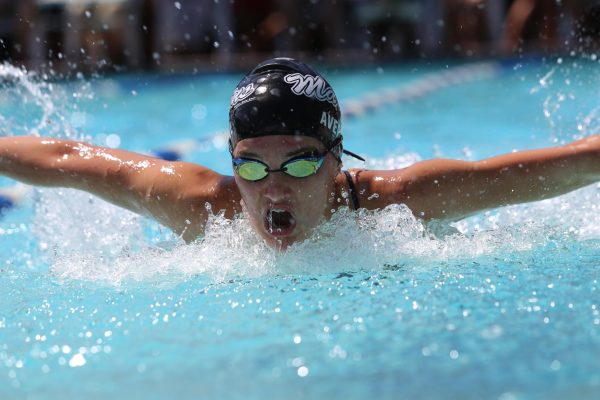
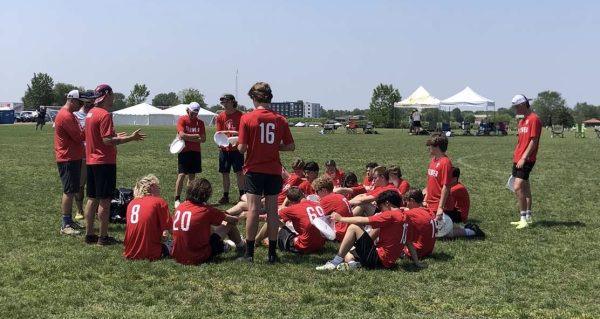
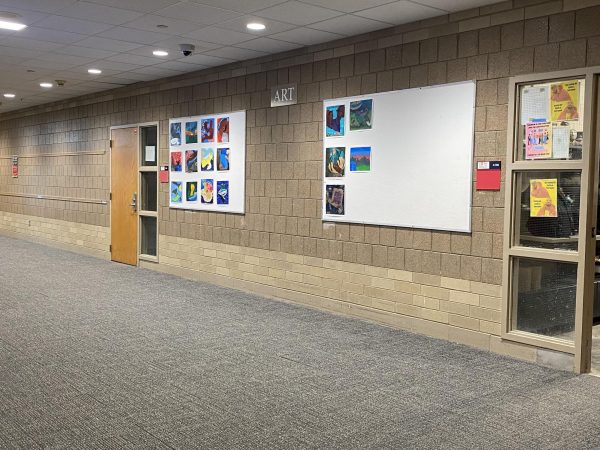
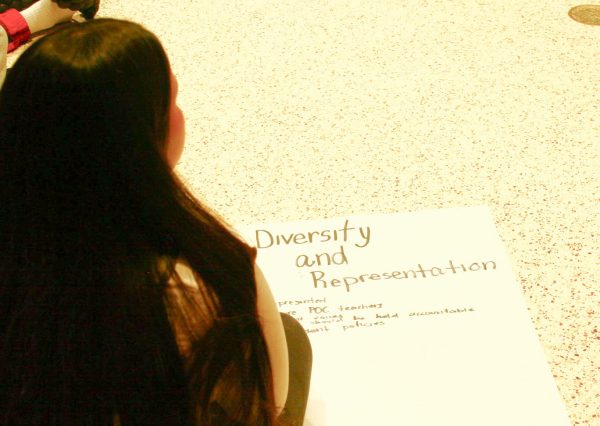
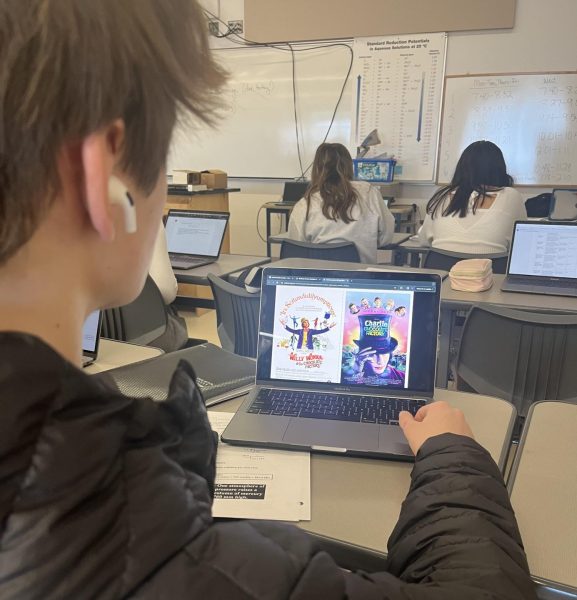

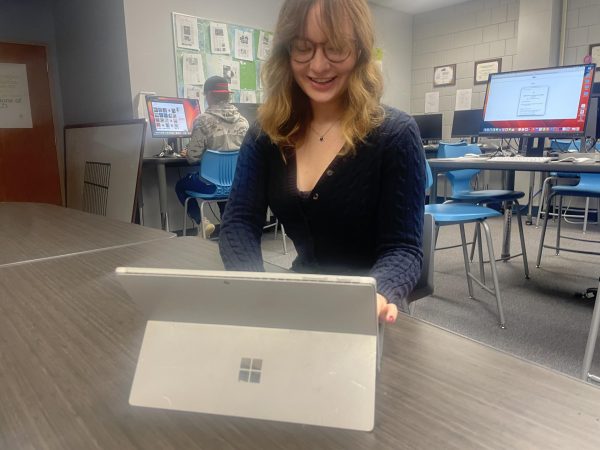
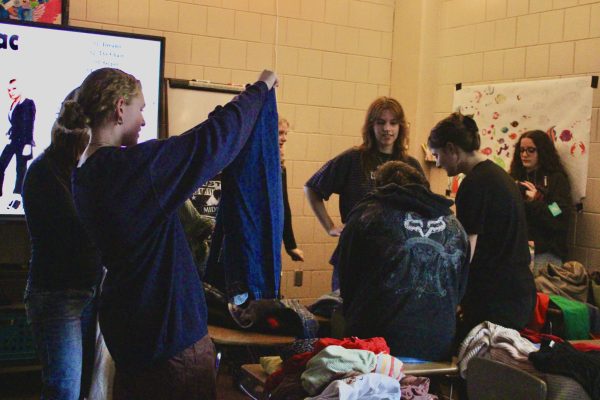
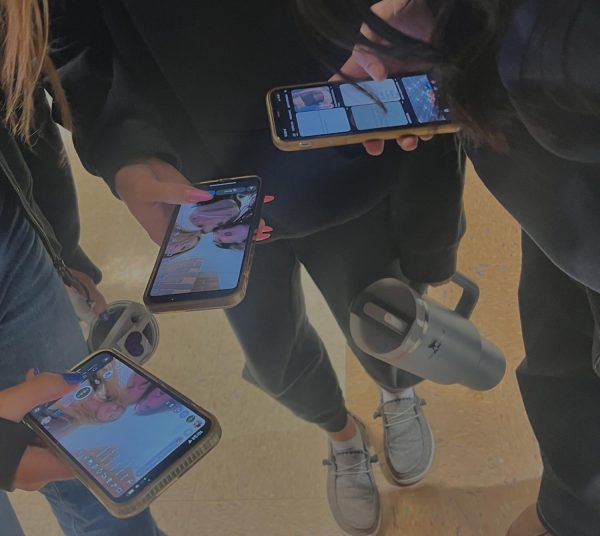
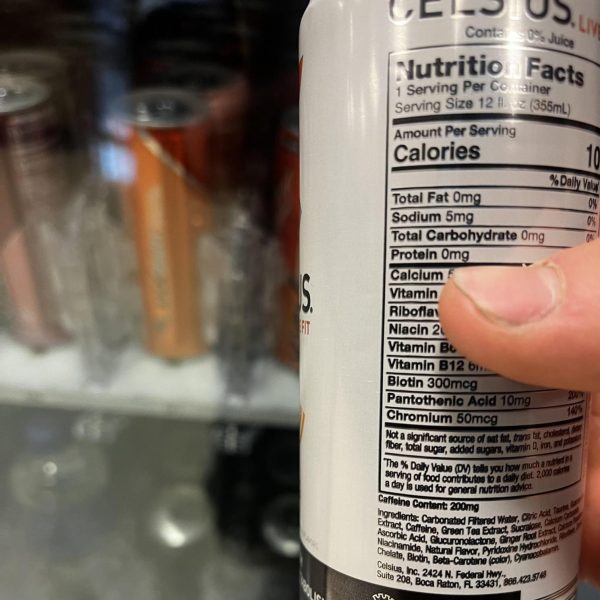
Katie Markert • May 6, 2014 at 9:08 am
I think that this is a very interesting approach to this topic. My initial reaction was why in the world would we ever pay the college athletes when they are already being ‘paid’ through full ride scholarships and tuition cuts, however you bring up interesting points about other companies making money off them. I think it was also good how you brought in football as an example. Overall, strong opinion and well written article.